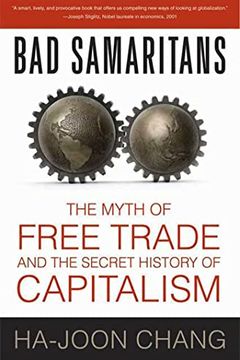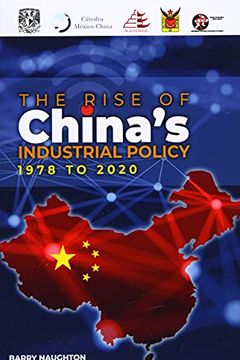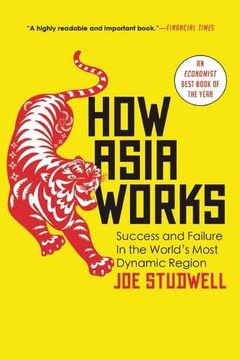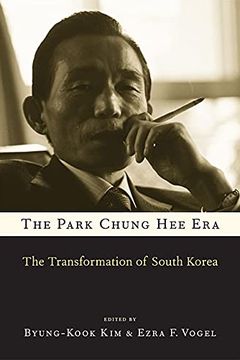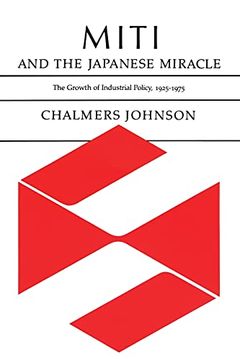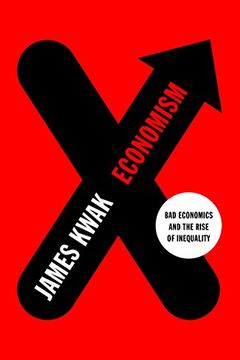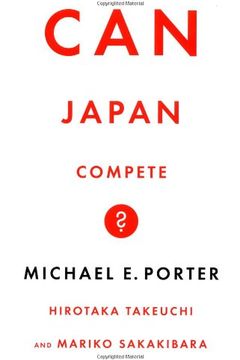9 books on the list
Sort by
Latest Recommendations First
Layout
A rising young star in the field of economics attacks the free-trade orthodoxy of The World Is Flat head-on—a crisp, contrarian history of global capitalism....
Noah Smith
2023-02-10T18:34:41.000ZExplore China's unique government-steered market economy and the policies that have catapulted the country to become one of the largest global economies and technological superpowers. In this extended essay, Barry Naughton dissects China's industrial policies since 1978 to answer the question: what has China done right? Discover a new type of economic system and the instruments and institutions that have helped shape it, along with the potential ramifications it may have beyond China's borders.
Noah Smith
2022-07-14T23:56:11.000ZDiscover the truth behind the myth of the "East-Asian economic miracle" in How Asia Works. Joe Studwell debunks Western misconceptions and explores the economics of nine countries, showing what really happened in Asia and why. This accessible and engaging narrative is essential reading for anyone interested in the region that will shape the future of the world.
Noah Smith
2022-03-28T05:27:41.000ZExplore how South Korea transformed into a powerful industrial economy and a democratic society within the span of two decades. Park Chung Hee's controversial presidency played a crucial role in this significant transformation, modernizing the country at a great political and social cost. This insightful study delves into the complex politics of modernization and the nation's precarious balance between economic growth and democratic reforms.
Noah Smith
2022-03-28T05:27:41.000ZDelve into the inner workings of Japan's economic bureaucracy through the lens of the famous Ministry of International Trade and Industry (MITI) in this eye-opening read. This book argues that the methods and achievements of the Japanese economic bureaucracy serve as a critical case study for the ongoing debate between command and mixed market economies. Examining the role of state collaboration with big businesses, the author reveals the central role of MITI in Japan's economic and political history, offering valuable insights for those seeking solutions to global challenges of energy, environment, and innovation.
Noah Smith
2022-03-28T05:27:41.000Z"Explore the fallacies of economism, an ideology that distorts the principles of introductory economics, in this powerful deconstruction of Economics 101. By delving into the underpinnings of economic arguments and the history of how economism became prevalent in the US, author James Kwak reveals how this simplistic worldview has had a negative impact on key issues like taxes, finance, and healthcare. Don't miss this illuminating read that challenges conventional wisdom and sheds light on the complexities of our economic system."
Noah Smith
2020-10-24T17:28:55.000ZDiscover the complex and brutal history behind the Spanish Civil War with this compelling account. Historian Antony Beevor delves into the atrocities and political genocide that characterized the war, examining how it served as a military testing ground for several world powers. From the coup d'etat that ignited the conflict in 1936 to the Republicans' final defeat in 1939, Beevor provides insightful new perspectives on the war's causes, course, and far-reaching consequences.
Discover the secrets behind Japan's economic success and learn what it takes to compete in the global economy with this insightful book. Renowned competition strategist Michael Porter and his colleagues challenge American assumptions about Japan, and explore what the country must do to regain its strength. Through their research, the authors debunk the notion that Japanese government policies were solely responsible for the nation's competitiveness, and shed light on the industries where these policies fell short. With the continuing influence of Japanese management strategies worldwide, Can Japan Compete? is a must-read for anyone striving to succeed in the new global economy.
Noah Smith
2019-08-17T16:04:55.000Z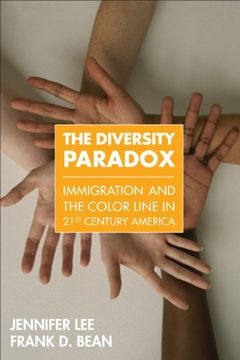
Diversity Paradox, The
Immigration and the Color Line in Twenty-First Century America
The Diversity Paradox examines the impact of contemporary immigration on America's racial diversity. Authors Jennifer Lee and Frank Bean explore if immigrants will become a racialized minority like African Americans or if they will be integrated into society like European predecessors. The book uses interviews and population-based analysis to examine multiracial identification and intermarriage patterns among Asians, Latinos, and African Americans. The authors show that Asians and Latinos successfully disengage national origin from the concept of race while highlighting the continued entrenchment of the "one-drop" rule for African Americans. The Diversity Paradox is a thought-provoking examination of how immigration is changing the boundaries of race in America.
Noah Smith
2018-07-11T18:12:37.000Z